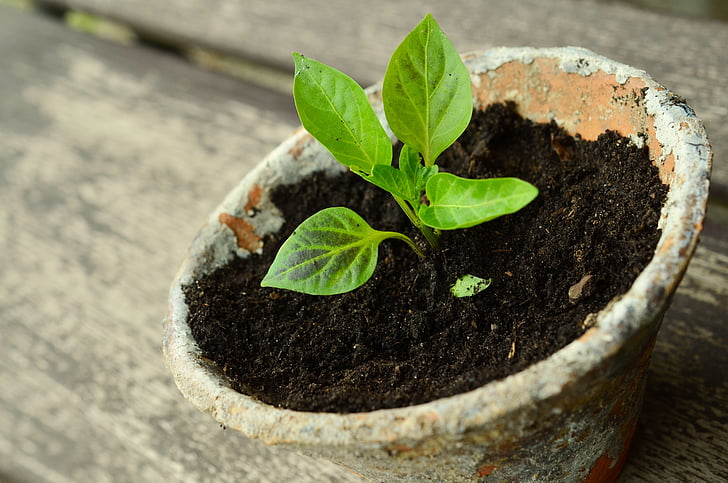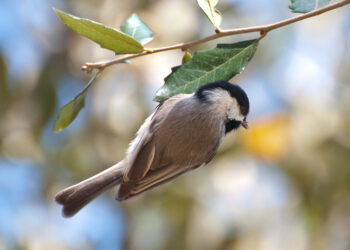Plants, often perceived as silent and passive, have recently been discovered to produce sounds. Although these sounds are inaudible to the human ear, scientists have used advanced instruments to detect them. This revelation has sparked several intriguing theories about the purpose and nature of these sounds. Let’s delve into some of the most compelling theories.
Acoustic Communication
One fascinating theory suggests that plants might use sound to communicate with each other. This idea posits that plants can emit and receive sound signals, allowing them to respond more effectively to their environment. For instance, a plant might produce specific sounds to signal distress or to coordinate with neighboring plants. While this theory is still in its early stages, it opens up exciting possibilities for understanding plant behavior and interaction.
Stress Signals
Another prominent theory is that the sounds plants make are stress signals. When plants experience stress, such as from drought or physical damage, they might produce sounds due to a process called cavitation. Cavitation occurs when air bubbles form and burst in the plant’s xylem, the tissue responsible for water transport. These sounds could serve as indicators of the plant’s health and stress levels, providing valuable information for researchers and farmers.
Growth and Development
Research has shown that sound vibrations can influence plant growth and development. This theory suggests that plants might use sound to stimulate certain genes, enhance nutrient uptake, and improve overall health. For example, specific sound frequencies have been found to promote faster growth and stronger root systems. This discovery could have significant implications for agriculture, potentially leading to new methods for optimizing crop yields.
Environmental Awareness
Some scientists believe that plants might use sound to become aware of their surroundings. For instance, they might detect the sounds of herbivores or pollinators and adjust their behavior accordingly. This theory suggests that plants are more dynamic and responsive than previously thought, capable of sensing and reacting to their environment in sophisticated ways.
References:
- https://academic.oup.com/beheco/article/24/4/789/218916
- https://www.smithsonianmag.com/smart-news/plants-make-noises-when-stressed-study-finds-180981920/
- https://academic.oup.com/jxb/article/67/15/4483/1749649
- https://sciencing.com/does-music-affect-plant-growth-4596442.html











